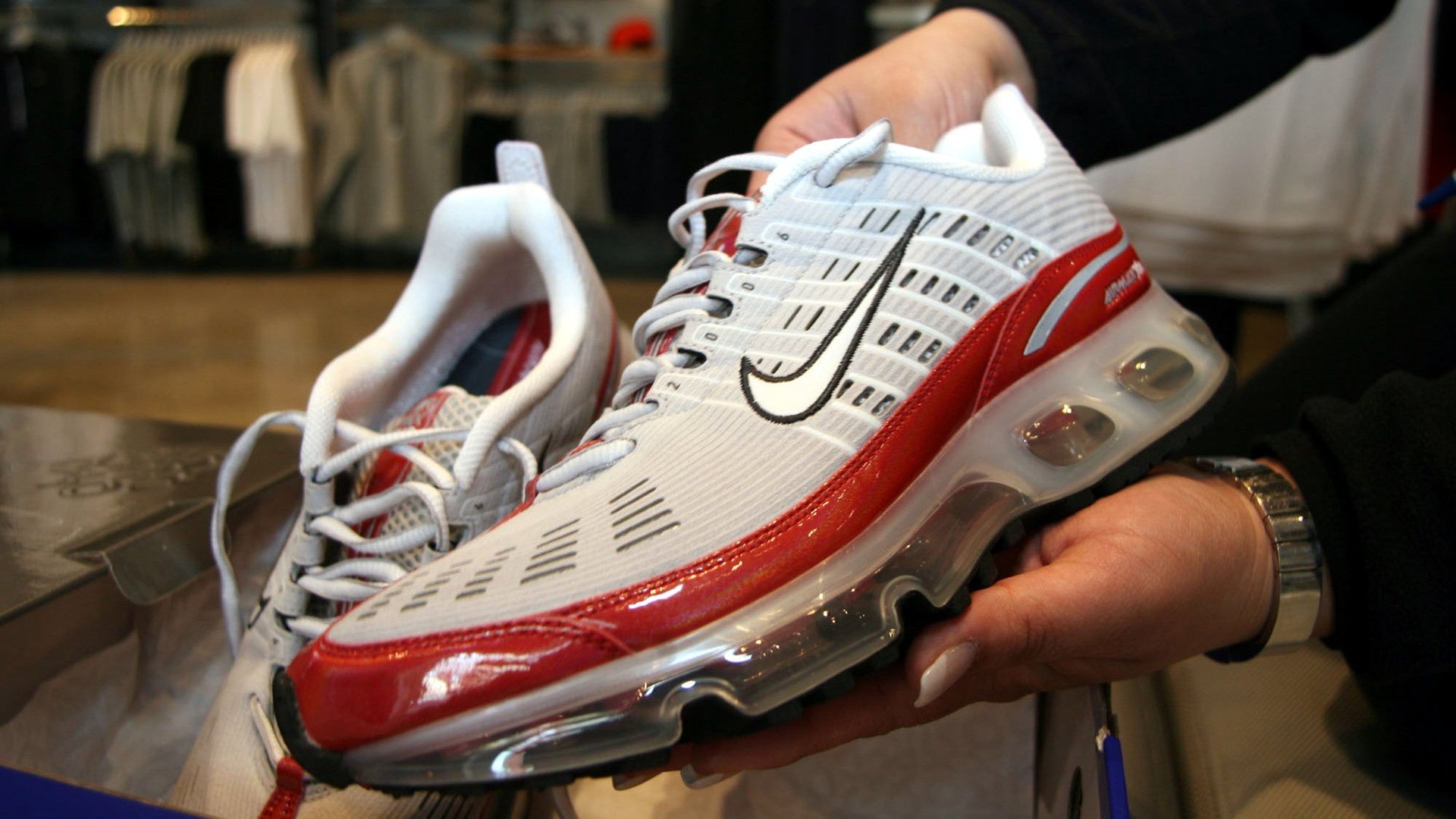The Nike Air Max isn’t just a shoe. It’s also a tax haven.
Nike is one of the world’s most successful shoe companies, with $24 billion in sales last year. But there’s another interesting fact in its recent annual report: The company has 12 offshore subsidiaries in Bermuda, 10 of them are named after Nike shoes, and all of them could be used to avoid paying US taxes.


Nike is one of the world’s most successful shoe companies, with $24 billion in sales last year. But there’s another interesting fact in its recent annual report: The company has 12 offshore subsidiaries in Bermuda, 10 of them are named after Nike shoes, and all of them could be used to avoid paying US taxes.
There’s Nike Cortez, the first running shoe the company made in 1972. There’s a subsidiary for Nike Force, Nike Huarache, Nike Air Max Limited, Nike Pegasus, Nike Jump, Nike Lava Dome, Nike Tailwind, Nike Air Max and Nike Waffle. (The non-shoe companies are Nike Finance and Nike International Ltd.).
Citizens for Tax Justice, a group critical of the opaque offshore finance system, first caught the list of subsidiaries, and suspects their names indicate that Nike has moved the intellectual property behind those shoes to Bermuda to lower its US tax burden. It’s a fairly common tactic for multinationals to sell valuable IP to subsidiaries in tax havens, then pay royalties to the subsidiary to use the IP. That gives them an expense to deduct in the US and keeps more of their profit overseas.
Indeed, last year Nike saved $1.8 billion on its tax bill by reinvesting $5.5 billion in earnings overseas. Its tax rate this year was 25.5%; had it used off-shore subsidiaries, it would have been 30%. Of the company’s $3.8 billion in cash and short-term investments, $2.5 billion are held in foreign subsidiaries. Nike didn’t respond to calls and emails for comment about its Bermuda companies. (Update: A Nike spokesperson e-mails to say “the shoe names have no relationship to any particular assets owned by those entities,” but wouldn’t explain the purpose of those subsidiaries.)
Nike hasn’t always played this game. As recently as 2008, the company reported no subsidiaries in Bermuda. It did report that the foreign companies it owned, except for an insurance company and two plastics manufacturers, “carry on the same line of business, namely the design, marketing distribution and sale of athletic and leisure footwear, apparel, accessories, and equipment.”
The next year, Nike no longer reported that its subsidiaries were all in the same line of business, and opened the 12 Bermuda companies.